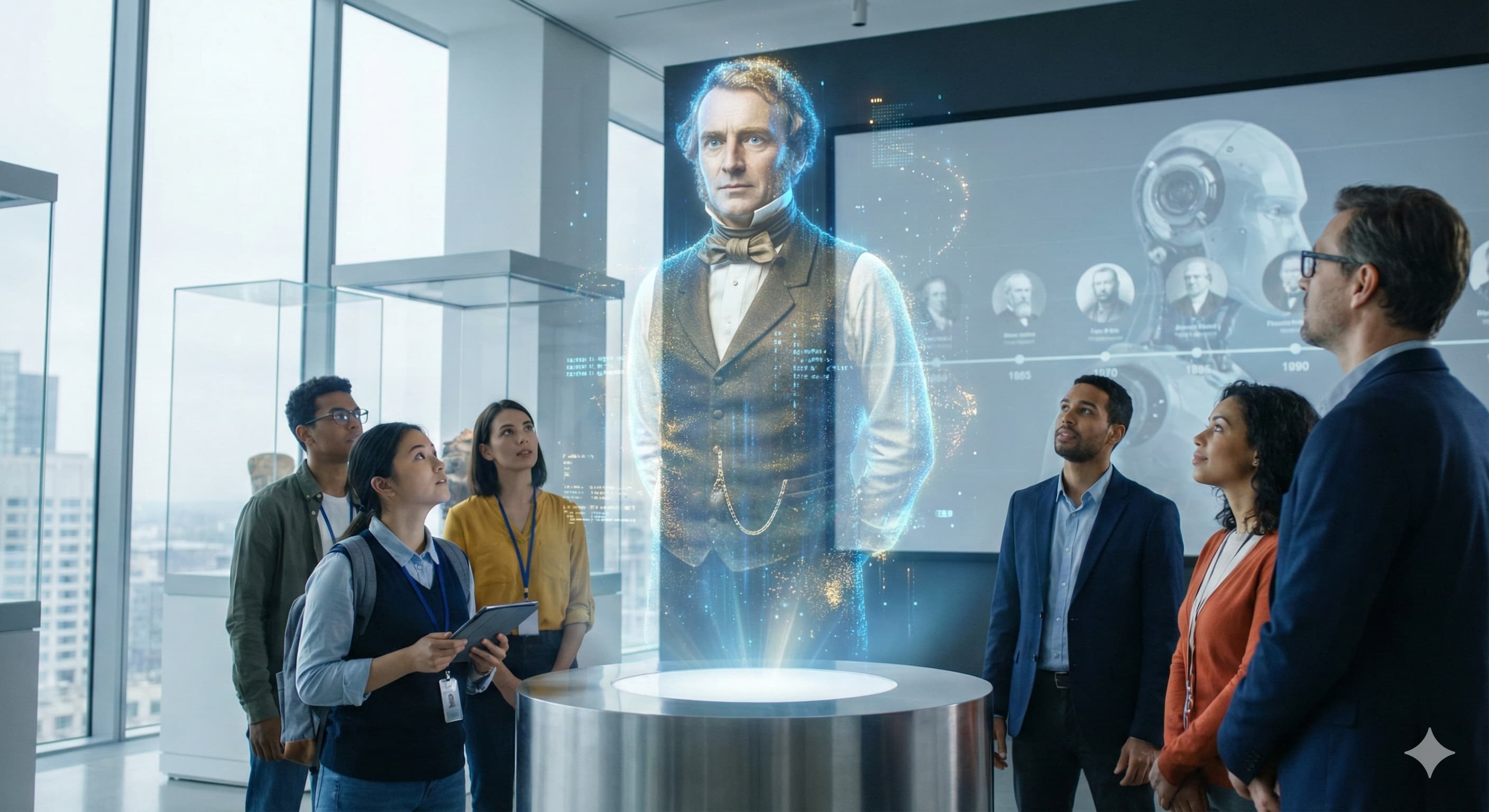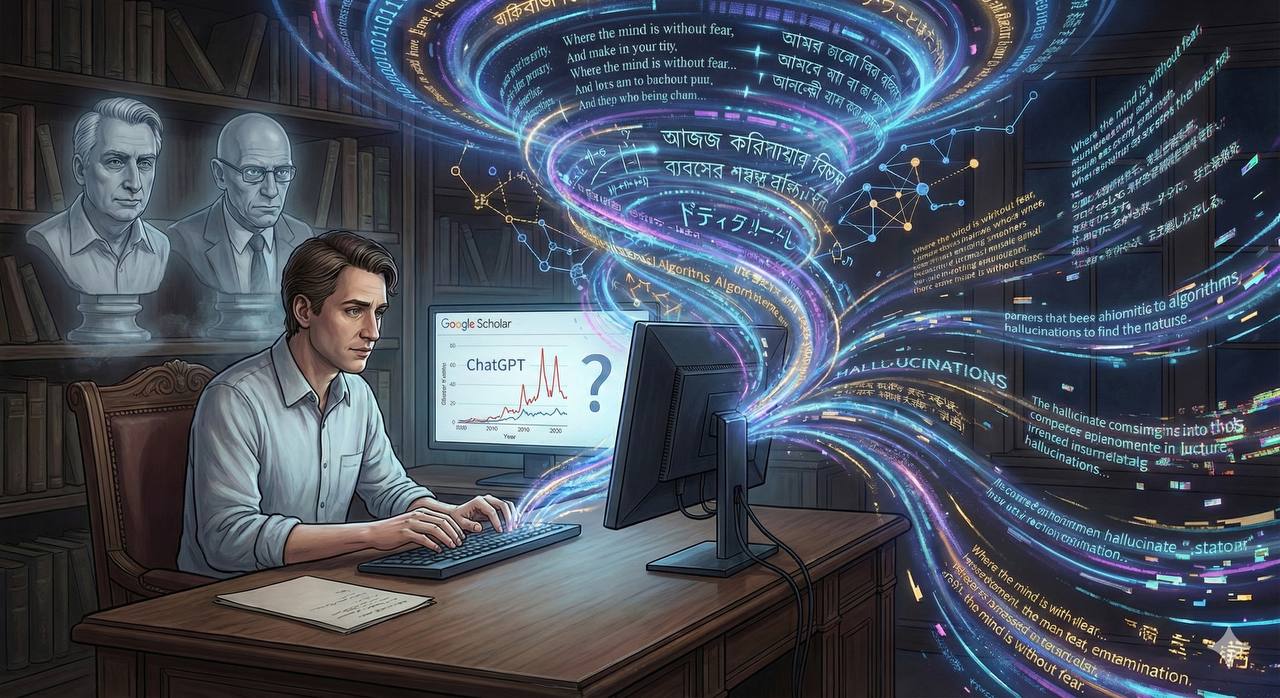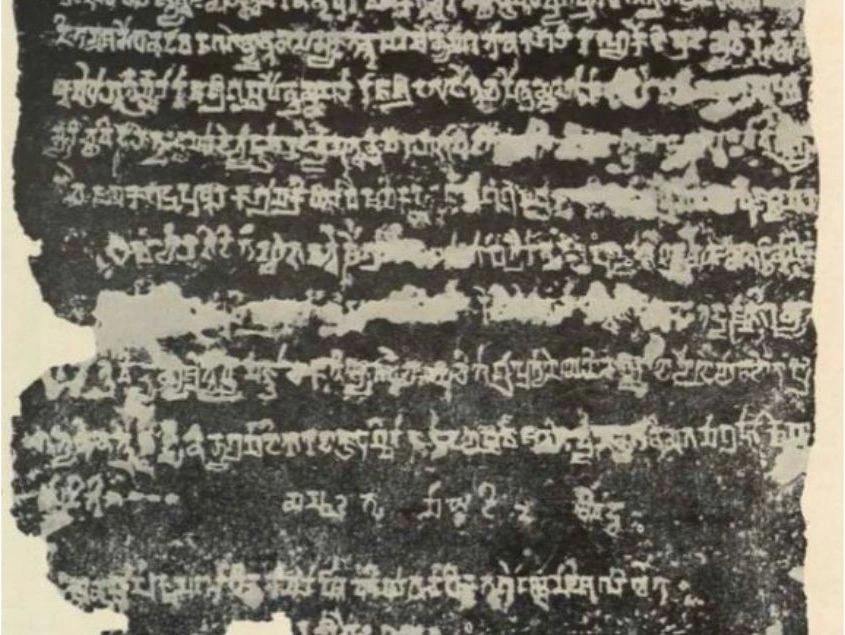The Unfreedom of Choice
The UnFreedom of Choice: Navigating the Paradox of Incomplete Knowledge in a Deterministic World
Incomplete knowledge of history shapes strategic advantage and de facto freedom in a deterministic world. The tension between predestination and free will resolves through the sustaining power of historical ignorance.
Knowledge of the past delineates the future, eliminating noise and purging randomness. In a future birthed from a well-understood past, only those alternative scenarios and degrees of behavioral freedom remain that cannot be eradicated due to the incurable incompleteness of knowledge. But even incomplete knowledge of the past focuses its possessor's resources on non-random trajectories. The absence of free choice becomes the source of long-term advantage for the thinking individual or group in a deterministic world.
A strategist is one who confidently gazes into the past. One could also posit that a collective's clear understanding and consensus about its past holds greater strategic value than any agreement about its future.
Incomplete Knowledge and Its Impact on Strategic Advantage
Unknowledge is Power. In Lutheranism and Calvinism, the individual is absolutely unfree; one's fate is predetermined by God. Change is futile, but signs may hint, albeit inconclusively, at a destiny of either Hell or Heaven. Such indicators are material success. Protestantism presupposes a conscious relinquishing of freedom, acknowledging one's bondage but offering unique compensation - imparting life with meaning through a relentless search for signs concerning one's ultimate fate in unceasing economic striving.
Remove God from the equation, and Protestantism comes closer than other metaphysics to grasping reality. Reality is a physically predetermined world without God. In it, from rock to thought, everything is a material process, predetermined by physical causes - i.e., other such processes. Indeterminacies in this universe, even at the quantum level, simply do not exist.
The Role of Historical Ignorance in Resolving the Predestination
Fortunately for our intellect, an infinitude of determining causes exists for even the tiniest details, ensuring that our inherent lack of complete knowledge translates to de facto freedom and meaning in human life. Objectively, one is absolutely unfree but subjectively infinitely free. One may choose to disbelieve in their objective lack of freedom or philosophize rigorously about their bondage in a deterministic world, but they will forever remain ignorant and therefore have rational grounds to consider their will free and their choices autonomous. Ignorance, lack of knowledge, is the precondition for meaningful life - the driving force behind human endeavor. Activity not for gaining knowledge, but for morally justifying one's existence in a predetermined, Godless world.
"In much wisdom is much grief," and in complete knowledge - death, for at that point falls the veil of ignorance, revealing utter predetermination, complete lack of freedom, and ultimate meaninglessness. Absolute knowledge is the true singularity, the convergence of everything toward its finale. Yet, even soaring on the exponential curve of progress, we will never approach it. Therefore, through our ignorance, we will remain forever free. Ignorance is our strength.









